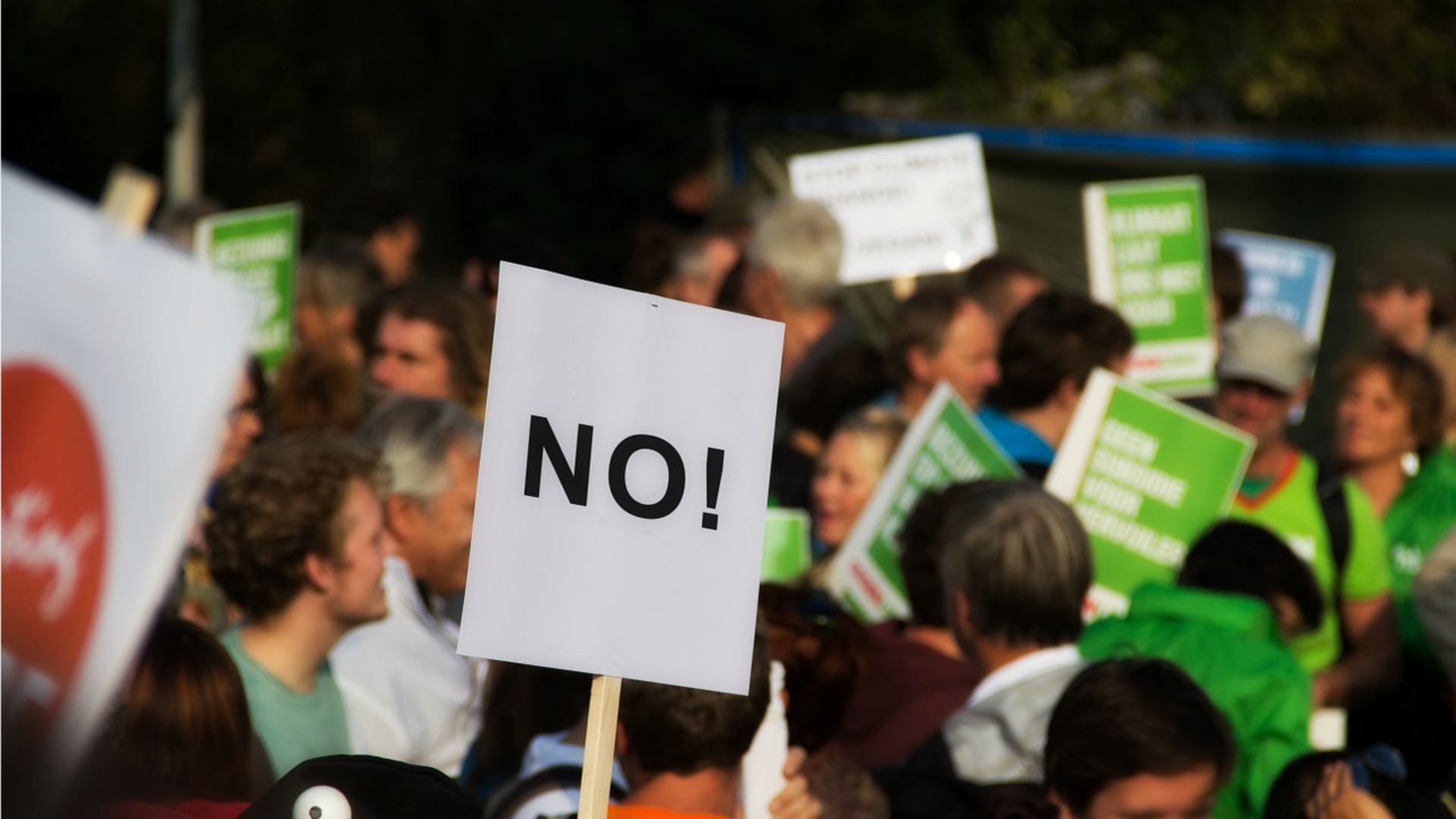
The Government has proposed a Trade Union Bill that promises to be the biggest shake up to affect the Unions since the Thatcher era.
The proposals, which range from the reasonable to the political, were announced this week by business secretary Sajid Javid. He said that industrial laws were being overhauled in order to protect “the rights of working people and businesses”.
The changes outlined include:
-
Making strikes unlawful unless 50% of those asked to strike vote in the ballot.
-
Making strikes unlawful unless 40% of those asked to strike agree to the action in most key public services.
-
Making intimidating or unlawful picketing a criminal as opposed to a civil offence.
-
Giving employers the right to hire strike-breaking agency staff.
-
Requiring unions to give employers at least 14 days’ notice before industrial action can commence.
Few would disagree that holding strikes democratically is a good idea. The minimum level requirements seems intended to ensure that those going on strike are engaged in the process and believe that industrial action is the correct course to take. On the other hand, allowing employers the legal right and 14 days’ notice to employ strike-breaking staff completely undermines the act of striking.
Another controversial measure is the proposed change to Labour Party funding. At present union members are required to opt-out of funding the Labour Party with part of their union membership fees; however the Conservatives propose changing this to an opt-in. Whilst a subtle change it is predicted to have a drastic effect on the Labour Party’s funding.
When announcing the proposals Javid said: “Trade unions have a constructive role to play in representing their members’ interests but our government will balance their rights with those of working people and business.”
“These changes are being introduced so that strikes only happen when a clear majority of those entitled to vote have done so and all other possibilities have been explored.”
As is to be expected, the unions are not happy with the Government clampdown. GMB general secretary Paul Kenny said: “When workers jump through draconian hurdles for their vote for strike action to be lawful, the employers can then ignore the will of their own workers.”
Meanwhile Unite, the UK’s biggest union, has removed a clause in its rules that requires members to remain within the law when staging protests.
Unite general secretary Len McCluskey said that the union would not be “rendered toothless by passively submitting to unjust laws”.








